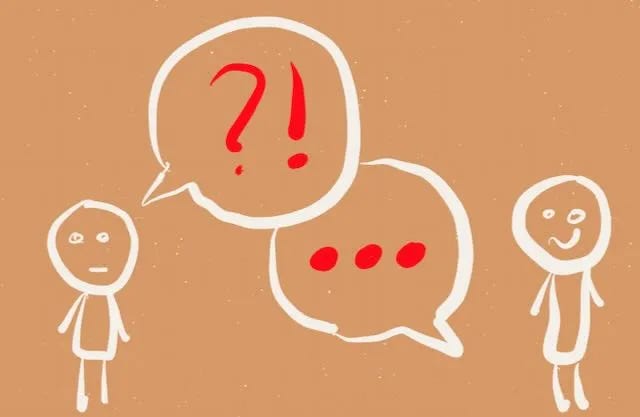Grammar of Departures
Grammar of Departures
Echoes from the Old Country
When I speak with voices from the old country — Sri Lanka — I find myself spiralling. Something unfastens. Not panic, but a disorientation, a sudden shiver in language. Their words arrive wrapped in humid air, colloquial rhythms, shifting registers. I must downshift, rewire, listen in a different key.
There are pauses in the middle of their sentences, filled with strange tokens — “men,” “aney,” “no?” — that hover between intention and echo. To them, seamless. To me, the wires cross, the current falters. A rhythm I have unlearned.
They repeat themselves — saying the same thing twice, three times — spiralling around their point like dancers unwilling to touch the centre. I find myself switching off, as if lulled by the tide. Why this need to echo? To circle instead of strike?

Conversation is a monologue performed at close range. They speak without asking if they’ve been heard. Listening is not part of the architecture. And this — this absence — filters from the pulpit to the pavement, from cabinet rooms to corner shops.
Even in foreign lands, they carry this speech like luggage. Not baggage, but legacy. And with it, a peculiar dialect — Singlish. A kind of fossilised English, petrified in Sinhala cadence. Their tongue becomes a hybrid creature, untranslatable.
“Men,” they say — not to men, but to anyone.
“Machan” — mate, but only if you’re a man.
“Aney” — a pleading sigh, soft as a hand at your elbow.
“No?” — not a negation, but an affirmation, a shadowed nod.
“Maara” — brilliant, but said with the grin of irony.
“Will you” — a gentle insistence, almost kind.
“Come and go” — a phrase born from literal translation, like a small gift offered and withdrawn.
“Look here” — a command, a plea, a turn of the head.
Even their writing, the inked speech, is relic-bound. Newspapers echo an English lost in the 1960s — over-laced, distanced. The Daily News voice, brittle and ornate. Academic writing, entombed in grammar older than breath. Passive, pallid. Though some try to rewrite the language — roar.media flickers with the light of new speech.
And so I wonder, with the weight of all this, why I stumble. Is it because I left too early, before Singlish entered the blood? Or because the English I gathered abroad — in Dubai’s boardrooms and backrooms, in Australia’s casual, sunlit vowels — overwrote the earlier script?
Am I, now, a patchwork of tongues? A palimpsest?
At times, I catch myself using a Singlish idiom, a child’s phrase rising from the silt of memory. Should I resist? Or hold it like an heirloom?
I want to ask a friend — someone not of my country — Do you hear it in me? Do I still carry the music of that island in my voice?
Because now, when I speak, I do not know which language I inhabit. Only that I am shaped by many — not just grammar, but histories, migrations, and the long silence between syllables.
Comments
Post a Comment